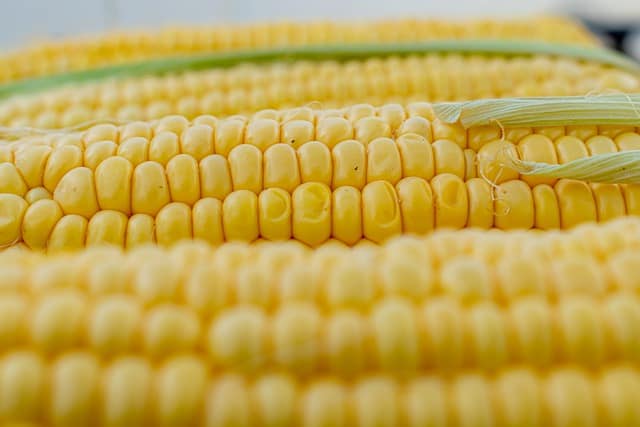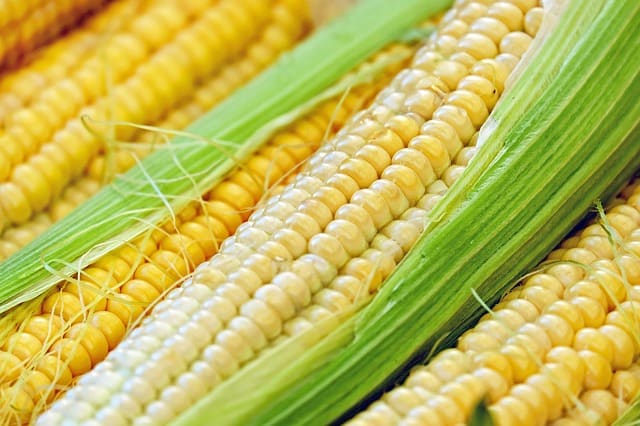
Diabetes is one of the most deadly medical conditions in the world. According to World Health Organization, more than 400 million people all over the world suffer from Diabetes and about 1.5 million people lose their lives to this deadly condition every year. Even though the world is progressing and humankind is achieving massive breakthroughs in the medical field, the diabetes pandemic seems far from over. In fact if we look at the recent research, we can see an upwards spike in diabetes cases.
Contents
What Do the Latest Studies Say about Diabetes?
With such progress in the medical field, you would think that conditions like diabetes would be coming to an end. However that is not the case. There has been a significant rise in diabetes cases all over the world and the trend is expected to grow in the coming years. Especially type-2 diabetes cases are increasing at a rapid speed. It is expected that by the year 2045, a staggering 700 million adults all over the world will be living with some type of diabetes.
As concerning as this may sound, it can be controlled if everyone starts to realize that diabetes is a pandemic in itself. It has engulfed a major part of the population and is responsible for millions of people losing their lives every year.
Diabetes Needs To Be Taken Seriously
When the coronavirus pandemic began, the World Health Organization laid out some guidelines on how people can save themselves from the virus. Even though there are people who don’t want to get vaccinated, there is a large proportion of the population that started to follow those guidelines including wearing masks and social distancing.
The problem with diabetes is that it is not being taken as serious as the coronavirus. It may not be transmissible but it is definitely something everyone should be talking about. So in order to control the diabetes pandemic, the world has to adopt and follow certain practices and guidelines.
Factors That Cause Diabetes
To avoid the spike in Diabetes, each and every person has to change their ways. We should first realize different factors that cause diabetes. These factors may include genetics, pregnancy, unhealthy food choices, obesity and many other reasons. One of the most common causes of diabetes is unhealthy and poor food choices. The increasing trend and accessibility of junk food has made things worse. People eat a lot of junk food without realizing the consequences. You know what they say, “you are what you eat” so when you eat unhealthy food it effects your health in a negative way.
It is very important to improve your food choice. You need to understand that both shortage and excess of everything is bad. Even when you are eating a healthy diet, you need to eat a reasonable amount. Excess of healthy food can also increase your blood sugar levels. This may sound like a lot of work, but it is something that we as a human race have to do in order to protect our future generations from problems like diabetes.
What to Eat When You Suffer From Diabetes

Just because you are suffering from diabetes, it does not mean that you have to give up on all delicious food that you like, you just need to manage your nutritional intake. Yes, you might have to leave some food choices behind but you would still have a lot of tasty options to choose from.
One food that we would consider a superfood for diabetes is Corn. Corn may seem like a simple choice but it packed with nutritional value. Many ill-informed people may tell you that corn isn’t good for diabetes but that is just that i.e. ill information. Usually people say this because corn has high natural sugar content and high carbohydrate levels. Corn may have high carbohydrates content but it still does not affect your blood sugar levels in a negative way. In fact it can do wonders for your body.
Nutritional Value of Corn
The best part about eating corn is that it can be eaten in a variety of different ways so you will never get bored with eating corn. It can provide a lot of nutritional value, no matter how you consume it. Corn is not just great for preventing diabetes but it is also a great food to consume when you are suffering from diabetes. It can help you control your sugar levels.
Corn is a source of many beneficial things including vitamins, energy, fiber and minerals. Another thing that makes corn perfect for diabetic people is that it is low in fat and sodium content. As mentioned earlier, you should still only consume a reasonable amount of healthy food (in this case: corn) every day. The American Diabetes Association advises that one should set a daily limit on how much carbs you plan to eat and then you should monitor your carbs consumption. If you want to prevent or manage your diabetes then it is important that you stick to your plan.
One medium sized sweet corn (cooked) contains the following vitamins and minerals;
- Iron
- Magnesium
- Zinc
- Potassium
- Vitamin A, B and C
You can check additional information on its nutritional value below;
| Nutrition | Value |
| Carbohydrates | 17.1 Grams |
| Calories | 77 |
| Dietary Fiber | 2.4 Grams |
| Fiber | 2.5 Grams |
| Sugars | 2.9 Grams |
| Fat | 1.1 Grams |
| Protein | 2.9 Grams |
Benefits of Consuming Corn
Corn offers a lot of amazing benefits that lead to the prevention and control of diabetes. A recent study has shown that high consumption of phenolic compounds can lead to a reduction of risks related to chronic diseases including diabetes.
One of the best ways to prevent and control your sugar level is to reduce glucose levels and your insulin response. Corn has resistant starch in it and studies show that consumption of around 10 grams of this resistant starch every day can lead to lower glucose levels and insulin response.
Corn can save your from diabetes both by direct consumption and by reducing the risk of other conditions like obesity that can also cause type 2 diabetes. Studies have shown that regular consumption of whole grain corn improves digestive health. A strong digestive system can do wonders for your body and a weaker one can lead to chronic diseases like type 2 diabetes. It can also lead to conditions like obesity which can be the root cause of many different medical issues including diabetes.
Glycemic Index of Corn

Glycemic index is the measurement of how consumption of a certain food affects blood sugar levels. There are three levels of Glycemic Index i.e. high, medium and low that go from 0 to 100. Foods with glycemic index of 70 or above (till 100) are more prone to increasing your blood sugar levels while those ranging from 56 to 69 on the glycemic index are considered medium level glycemic foods. A reasonable consumption of these food items wouldn’t cause any problems for diabetic patents however high consumption of these foods may cause problems. Foods with glycemic index of 55 or below are considered low glycemic foods.
Foods that score low on the glycemic index can be considered ideal for people suffering from diabetes. In fact if you are suffering from diabetes or you are at a risk of developing any type of diabetes, you should only include low glycemic foods in your diet. Foods that score high on the glycemic index tend to release glucose more rapidly which is why they can be very dangerous for diabetic patients.
Almost all corn products score low on the glycemic index. The glycemic index score for corn is 52 whereas that for cornflakes, popcorn and corn tortilla is 81, 65 and 46 respectively. The processed nature of cornflakes is what cis responsible for the high glycemic score.
We have already discussed corn food items, now let’s discuss a corn product in liquid form. One of the most commonly consumed liquid corn product is Corn Syrup. High-Fructose corn syrup is a taste sweetener that is usually found in processed foods. This corn syrup may not increase your blood sugar levels by a great extent but they are not that beneficial for diabetic patients and even if diabetic people consume corn syrup, they would still need insulin to regulate their glucose (blood sugar levels).
Takeaway from Different Studies on Corn
With all the information mentioned above we can say that corn is a very beneficial food for diabetic patients. One thing to keep in mind is that not everyone reacts to the same food items in the same way. Some people may be able to control their diabetes with corn products while other people may not enjoy the same level of success. However one should also keep in mind that it has high levels of carbohydrates and high consumption of some of the corn products can affect your blood sugar levels in a negative way.
So always follow proper dietary guidelines and monitor what you eat every day. Don’t forget to consult your doctor or nutritionist about the nutritional value of different corn products.





